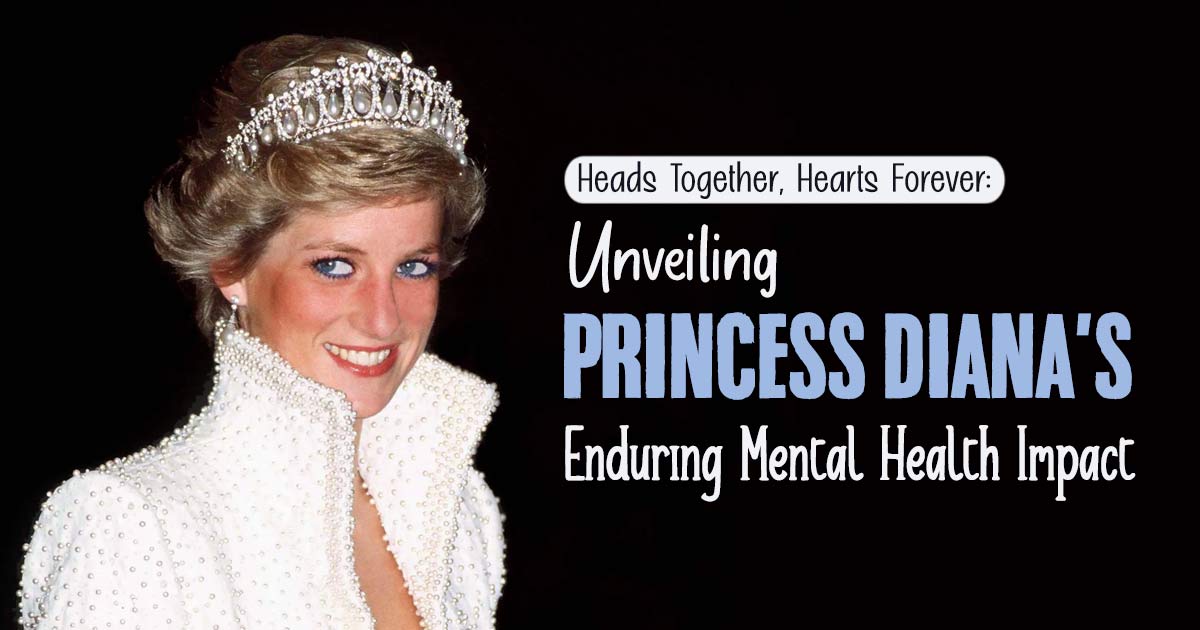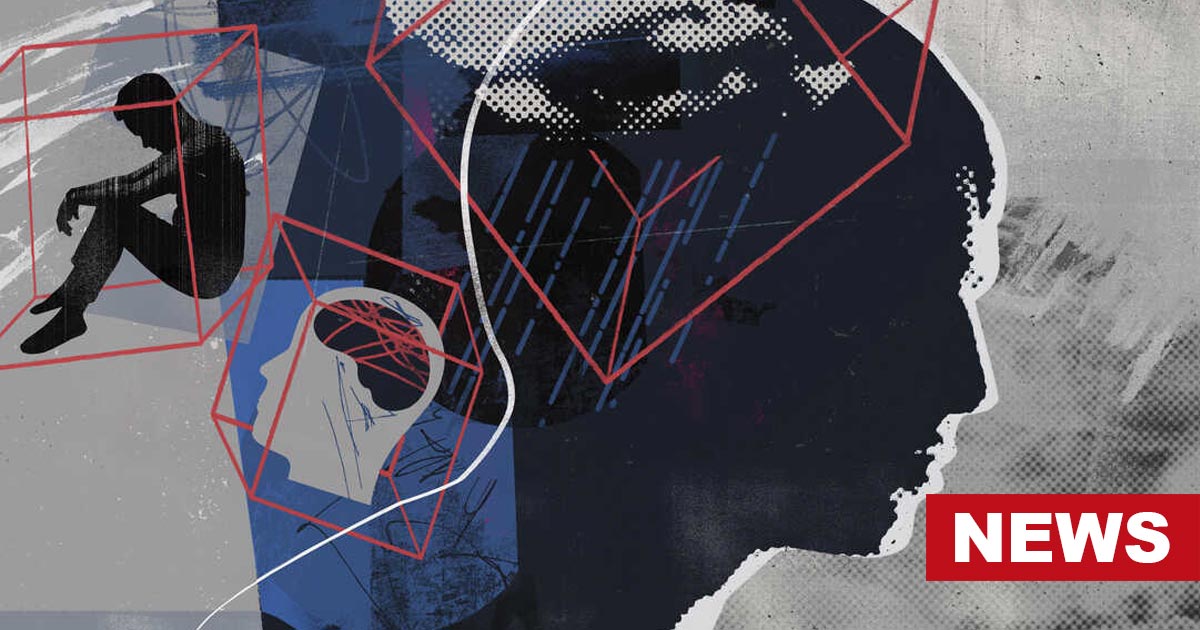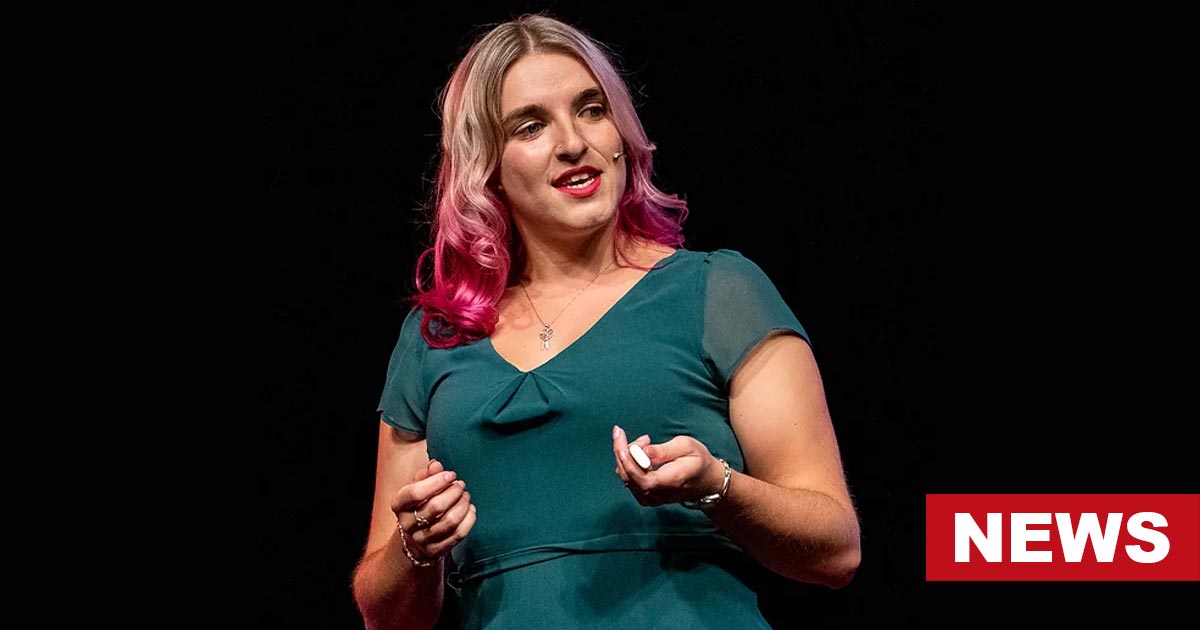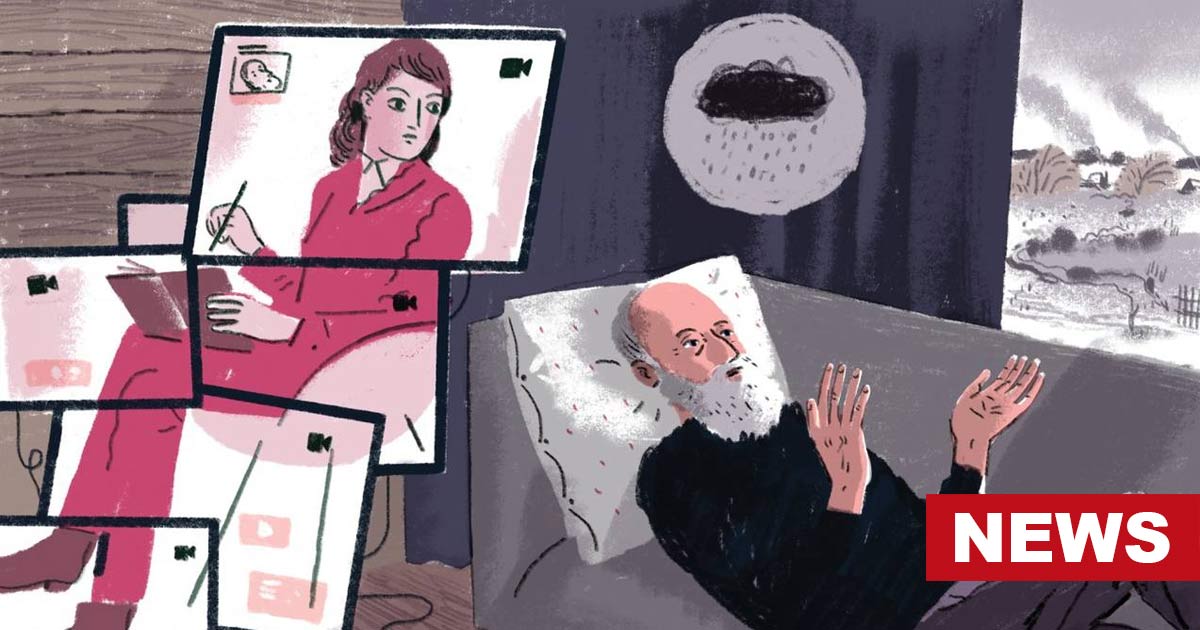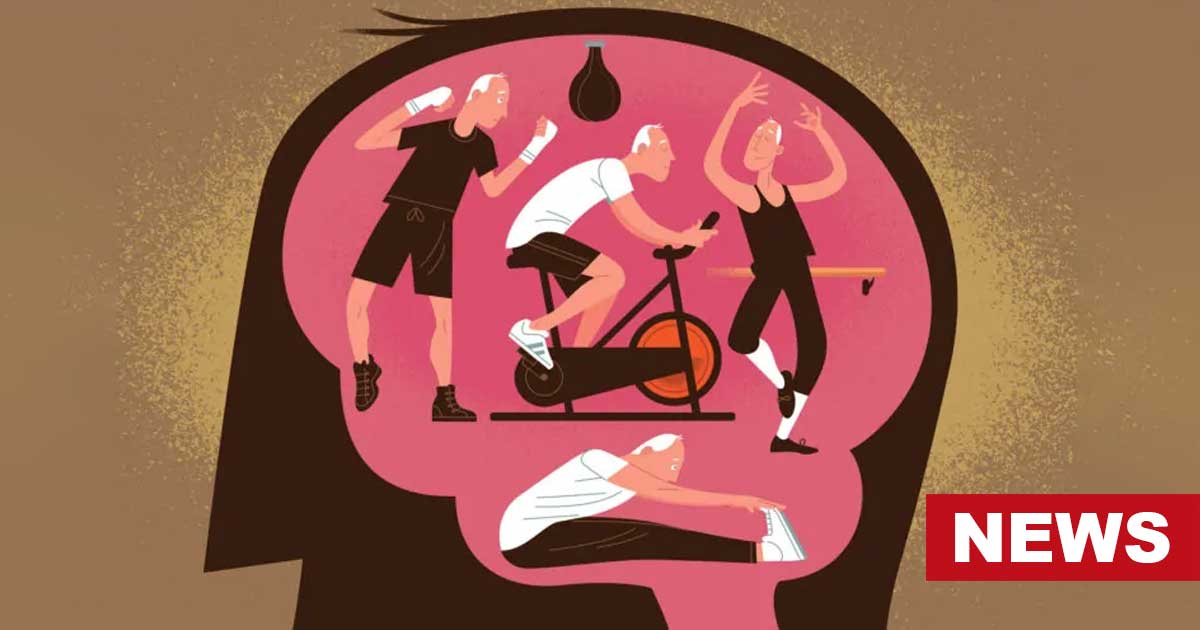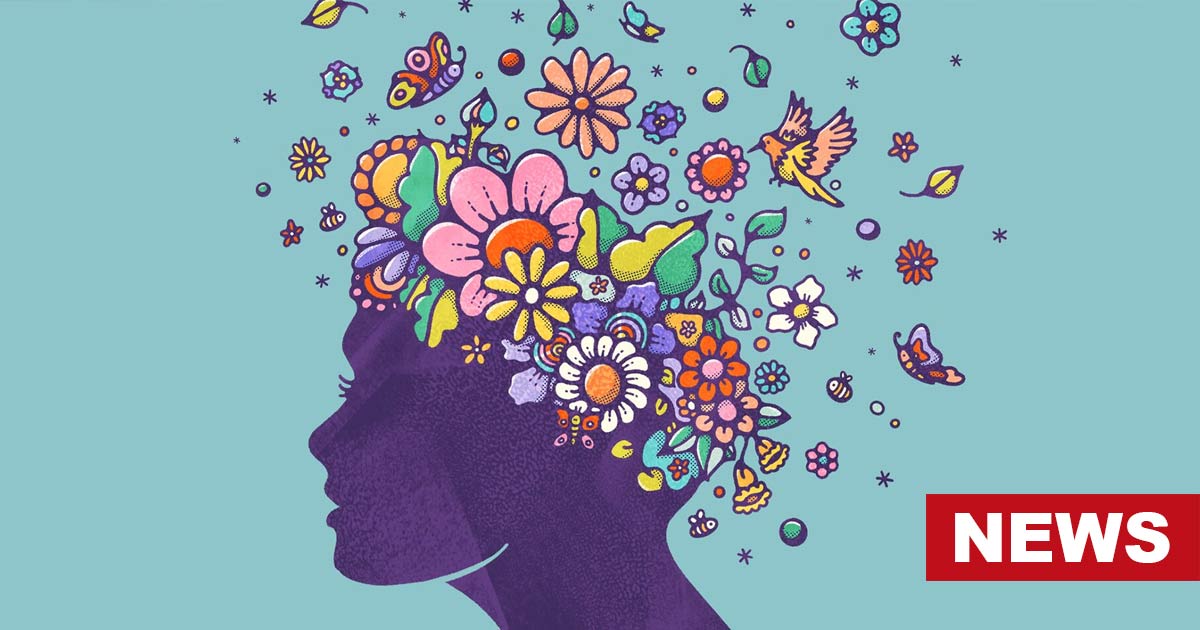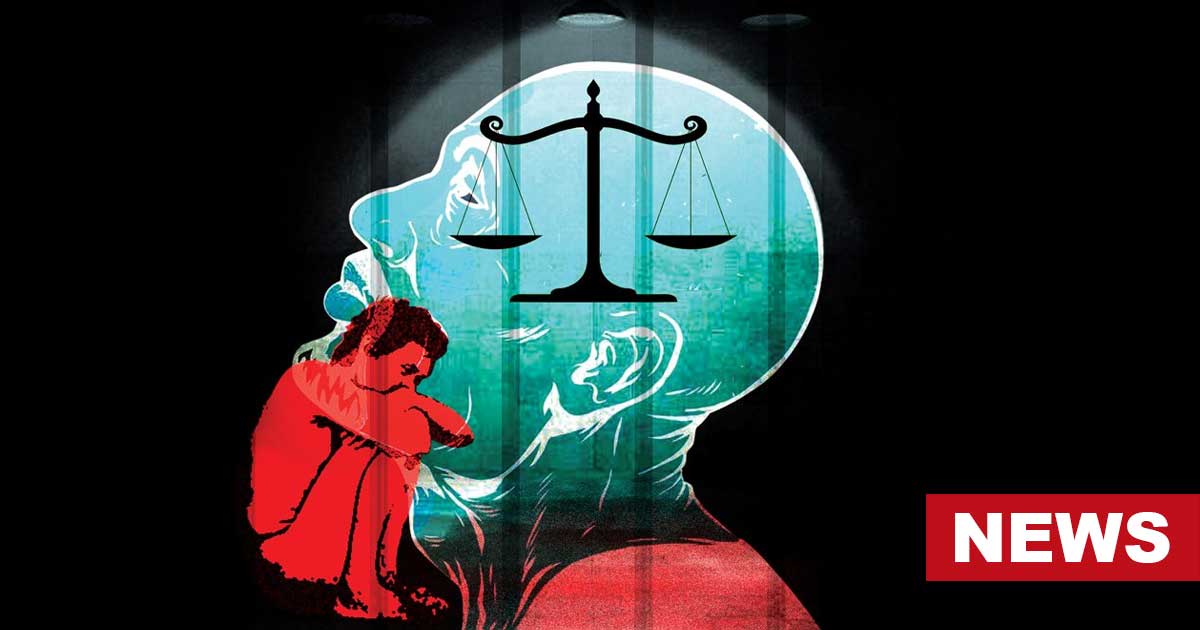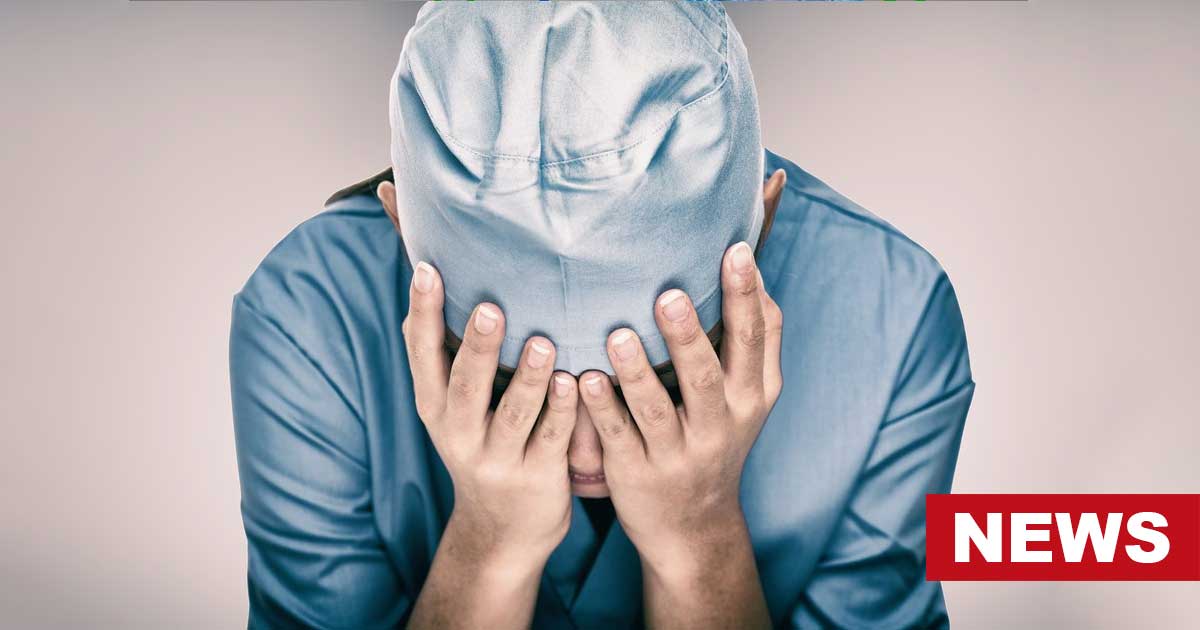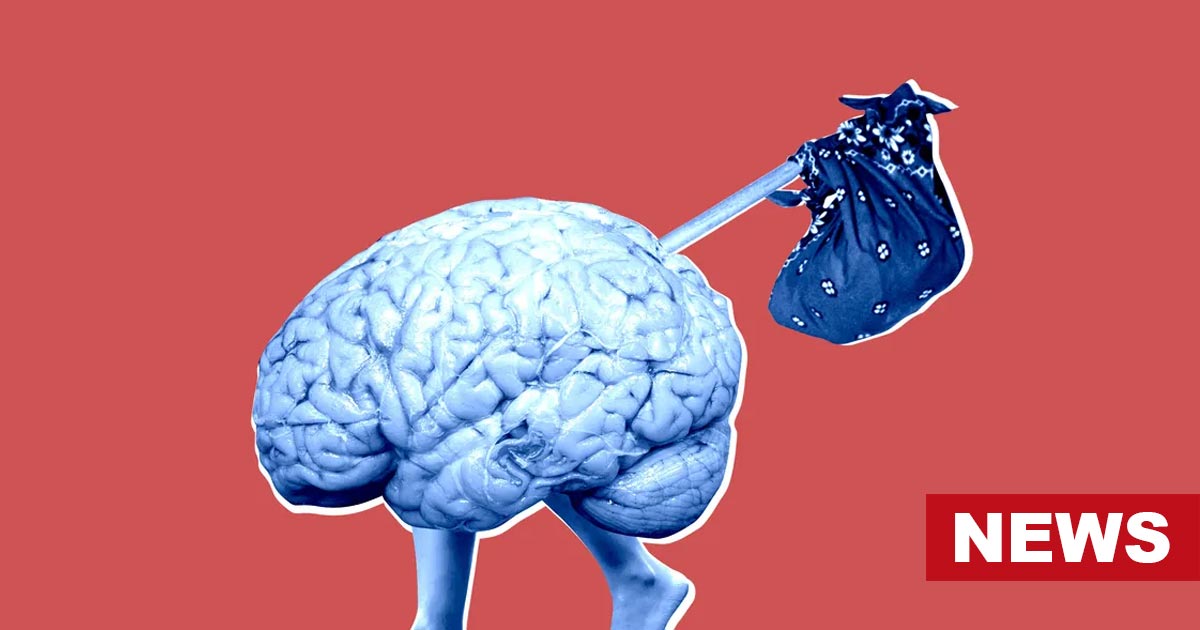Princess Diana, the beloved “People’s Princess,” left an enduring legacy that extends beyond her royal status. One significant aspect of Princess Diana’s mental health advocacy is its continuing influence on present-day mental health awareness, a cause that is still shrouded in stigma.
Princess Diana’s confessions of mental health issues
One of the most powerful aspects of Princess Diana’s mental health advocacy was her willingness to speak openly about her personal battles with mental health. In interviews and public appearances, she courageously addressed her struggles with postpartum depression, bulimia, and the intense emotional pressures of life in the public eye. Her disclosures went beyond personal struggles; they were a call to action.
Her admission of postpartum depression following the births of Princes William and Harry was groundbreaking. In a society where discussing mental health, especially for public figures, was considered a sign of weakness, Diana’s openness challenged these outdated norms. Her revelations humanized the royal family, making them more relatable to the average person and fostering a sense of solidarity among those facing similar challenges.
Princess Diana’s battle with bulimia was another aspect of her personal struggle that she brought to light. By discussing her experiences with this eating disorder and its challenges (like fatigue, self-worth issues, etc.), she not only raised awareness but also contributed to destigmatizing mental health issues related to body image and self-esteem.
Princess Diana: A Mental health Icon?
The impact of Princess Diana’s mental health advocacy and awareness is profound, marking her as an icon in this critical realm. In an era when discussions around mental health were largely taboo, she fearlessly used her royal platform to dismantle the walls of silence and stigma. By candidly sharing her own struggles, she humanized the experience of mental health challenges, demonstrating that even those in positions of privilege and prestige were not immune to such issues.
In her charitable endeavors, her genuine compassion and empathy for those grappling with mental health issues endeared her to the public, fostering a sense of relatability that transcended her royal status. Her efforts were instrumental in challenging the prevailing narratives surrounding mental health, paving the way for open conversations.
How does Cinema revisit Princess Diana’s mental health advocacy?
Cinema has played a pivotal role in revisiting Princess Diana’s mental health advocacy, bringing her story to new generations and emphasizing the importance of continued efforts in mental health awareness. Several films and documentaries have explored the various facets of her life, shedding light on her struggles and her determination to make a difference.
The 2013 film Diana showcases how global fame and a dysfunctional marriage affected her mental health, life perspective, and ability to find love post-divorce. The 2021 film Spencer portrays Kristen Stuart’s Diana struggling with bulimia nervosa, loneliness, and childhood trauma.
The Crown (2016-23) revisits Princess Diana’s mental health advocacy and struggles in greater depth. Spanning three seasons, the award-winning series shows the late royal’s struggle with loneliness, eating disorder, depression, loss of identity, and purposelessness.
Particularly the last season of The Crown (Season 6, Part 1), delving into the final months of Princess Diana, provides nuanced exploration of mental health issues linked to grief and loneliness. The four-part installment unfolds the Princess’s controversial romance with Egyptian producer Dodi Al-Fayed, emphasizing their shared struggles stemming from the pressures of elitist backgrounds.
Diana, vividly depicted as profoundly lonely, grapples with the aftermath of her divorce from the British Royal Family, coupled with separation from her beloved sons, leading to feelings of purposelessness and unfulfillment. The narrative skillfully navigates Diana’s attempts to cope with her loneliness, showcasing her engagement with strangers in a desperate quest for connection.
Yet, amid the struggles, she discovers a sense of purpose in motherhood and through her humanitarian pursuits. The latter includes raising awareness against the AIDS/HIV social stigma and advocating for landmine bans by highlighting landmining-related disability and its social concerns. Tragically, her life is cut short by her untimely death.
The series also artfully reconstructs the emotionally charged funeral scene, portraying the global outpouring of grief as thousands take to the streets of London to mourn the beloved royal. While some critics dismiss the depiction as mass hysteria, psychological perspectives suggest that the tearful tributes are rooted in crowd grief and a collective sense of empathy for a beautiful humanitarian figure who met a premature end.
Later documentaries like Diana: In Her Own Words (2017) and Diana, Our Mother: Her Life And Legacy (2017) delve into the personal aspects of her life, allowing audiences to witness the emotional toll that her public role took on her mental well-being. Moreover, narratives that focus on Princess Diana’s mental health advocacy highlight the broader societal context in which she operated. They underscore the importance of ongoing efforts to break down barriers surrounding mental health discussions and encourage empathy and understanding.
How are Princess Diana’s mental health advocacy carried on?
Princess Diana’s mental health advocacy continues to influence contemporary initiatives. Her sons, Princes William and Harry, have taken up the mantle of mental health awareness through their charitable endeavors. The establishment of the Heads Together campaign, spearheaded by the royal brothers, focuses on challenging societal perceptions surrounding mental health and promoting open conversations. The campaign also collaborates with various organizations to provide resources and support for those facing mental health challenges.
Beyond the royal family, the broader mental health community has embraced the legacy of Princess Diana’s mental health advocacy. Advocacy groups, NGOs, and mental health organizations continue to draw inspiration from her efforts to destigmatize mental health discussions. The use of social media platforms amplifies these efforts, providing a space for individuals to share their stories, find support, and contribute to the ongoing conversation.
Additionally, the media’s role in shaping public perception of mental health has evolved. More outlets now prioritize responsible reporting on mental health issues, recognizing the potential impact of their coverage on public attitudes. Princess Diana’s influence is evident in the shift toward a more compassionate and understanding approach in media portrayals of mental health challenges.

